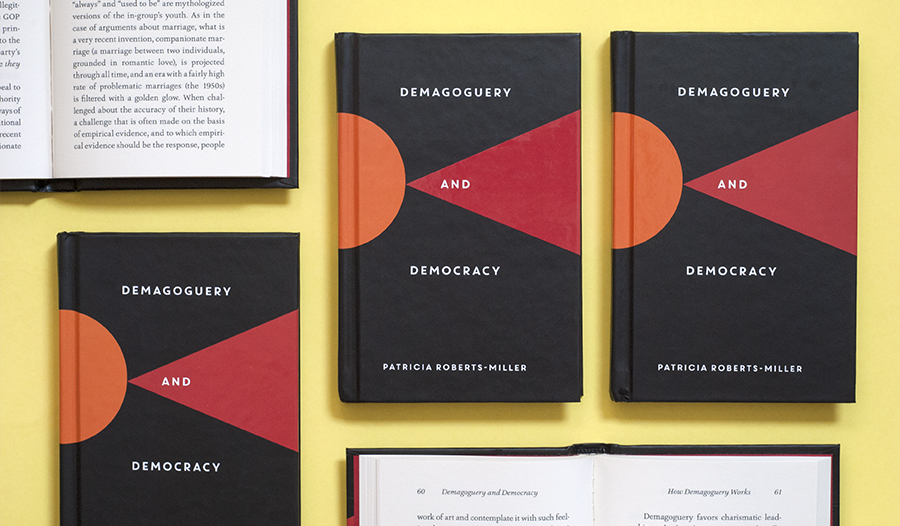
It is generally very easy for people to rationalize (in both senses of that word) marginalization, disenfranchisement, deliberate oppression, enslavement, expulsion, and extermination of out-groups by having systems and rhetoric that claims to be rational. Nazi Germany had a functioning judicial system throughout its tenure, as did the USSR, after all, as well as the US throughout segregation and slavery. People defending these systems and policies argued that they were necessary, just, and realistic, and therefore “rational.” [1]
Thus, many people think that working toward a world without genocide, slavery, deliberate oppression, expulsion, and so on requires that we abandon rationality. And, I think that’s sort of right. We need to abandon several specific ways of defining rationality, but we don’t need to abandon rational argumentation.
If you stop someone on the street, and ask them to explain various physical phenomena, they’ll give you an Aristotelian explanation. They’re wrong. Saying that we need to stop teaching rationality because modernist [2] notions of rationality are oppressive (and they are) is like saying that we need to stop teaching physics because Aristotelian physics is wrong. Physics is fine; Aristotelian physics isn’t. Rationality is fine; modernist notions of rationality aren’t.
The problem isn’t with rationality, but with how argumentation textbooks are grounded in modernist models of the mind that are slightly less defensible than Aristotelian physics.
Imagine that introductory physics courses were staffed by hiring people who were smart and skilled at writing about literature, who might never have taken a physics course since high school, and they were given a one- or two-day workshop (that also included Title IX training, a presentation from the writing center, information about digital resources, information about how to get keys, a presentation from the library, and so on) before being thrown into an autonomously taught course in physics. What would they teach? They’d teach Aristotelian physics.
And imagine that, instead of teaching those people other models of physics, the introductory physics courses and textbooks were designed so that those people could teach “successfully.” Introductory physics textbooks would be Aristotelian physics.
That’s what we do in staffing fyc argumentation courses, and that’s why the most popular textbooks are the way they are.
Just to be clear: I don’t think fyc has to teach argumentation. There are lots of other valuable things it can do. I’m open to the argument that argumentation should be a more advanced course taught (and supervised) by people who actually have some understanding of the scholarship in argumentation. A college course in argumentation would be, after all, a college course. It shouldn’t be a controversial claim for me to say that it should be grounded in recent scholarship and taught by people familiar with that scholarship.
My analogy of Aristotelian physics being like modernist notions of rationality falls apart because, while Aristotelian physics is intuitive, modernist notions of rationality are not. People are taught modernist notions of rationality–they’re counter-intuitive. If we’re going to ignore current scholarship in argumentation, why not rely on intuition? While there are reasons for thinking about all this more systematically (and there are a lot of possible systems), I think even common sense is a good basis. I think we can get to a pretty good standard of argumentation by starting with out intuitions about good disagreements.
If you ask students, “What makes for a really good disagreement?,” you end up with a list like this. Interlocutors:
- are open to persuasion, or, at least, hearing other positions;
- stay on topic;
- accurately represent one another’s positions, claims, and so on;
- give evidence for their claims;
- present claims that are consistent with each other;
- if we’re talking about an argument on social media, then they provide sources;
- avoid the blazingly obvious fallacies.
The last is where modernist notions again trip us up, and I’ll get to that in the next few posts. But, there too we can generate a list of particularly irritating fallacies even if we don’t know the names. We don’t like when people attribute an argument to us we didn’t make, ask us to defend a position we never claimed, say our argument can be dismissed because it makes them feel bad or because we’re emotional or are bad people, insist that we say they’re right because they feel certain or can cite some youtube video by Rando McRando.
There’s a long and somewhat pedantic post about a more complicated way to think about fallacies here. I intend to do a more accessible version in this series, but, really, the fairness rule tends to work pretty well. Would we feel that’s a fair way to argue were someone to use it against us?
Do you think it’s okay if people don’t listen to you, and represent your position on the basis of what a third party who hates you has said? Do you think it’s okay if someone takes quotes out of context to condemn you, or attributes to you the views of the most extreme member of your in-group? Do you think it’s okay when people deflect?
Then don’t do it to others.
A lot of people believe that, because their group is right, anything they do is right, and any claim that supports their position is true and proof that they are right (regardless of whether it’s logically connected to their conclusion, accurate, sourced in a way they would accept as valid if it made a claim they don’t like). When we ask people to think about the way they’re arguing, and ask them whether they think that’s a good way to argue when others do it to them, we’re asking that they do two things: first, engage in meta-cognition, and two, hold themselves to the same standards they hold others. I think those are good things to teach.
[1] There’s an interesting polysemy in the word “rational” that leads to some nasty and politically toxic equivocation. “Rational” is sometimes used as a synonym for “realist” which is itself used to mean ruthless pursuit of individual or factional goals. Sometimes it is used to mean a supposedly “amoral” pursuit of the best means to achieve a goal set elsewhere. Thus, as people like Albrecht Speer and Wernher von Braun argued, they were just technocrats who didn’t think about the ends and just worried about the mean. That was a lie. They were fine with the ends.
[2] I’m calling it “modernist,” although there are arguments to be made that it’s more accurately called Cartesian. I think it’s useful to call it “modernist,” though, because various groups that are anti-post-modernism are openly advocating a return to modernist understandings of rationality. They are doing so by positioning themselves against one non-modernist position (which they call post-modernist) which is actually pretty marginal, and which they completely misrepresent. If you have to lie to make your case, you have a bad case. And if you’re lying about your critics in order to go back to an ideology that was explicitly supportive of colonialism and genocide, you have serious problems.



